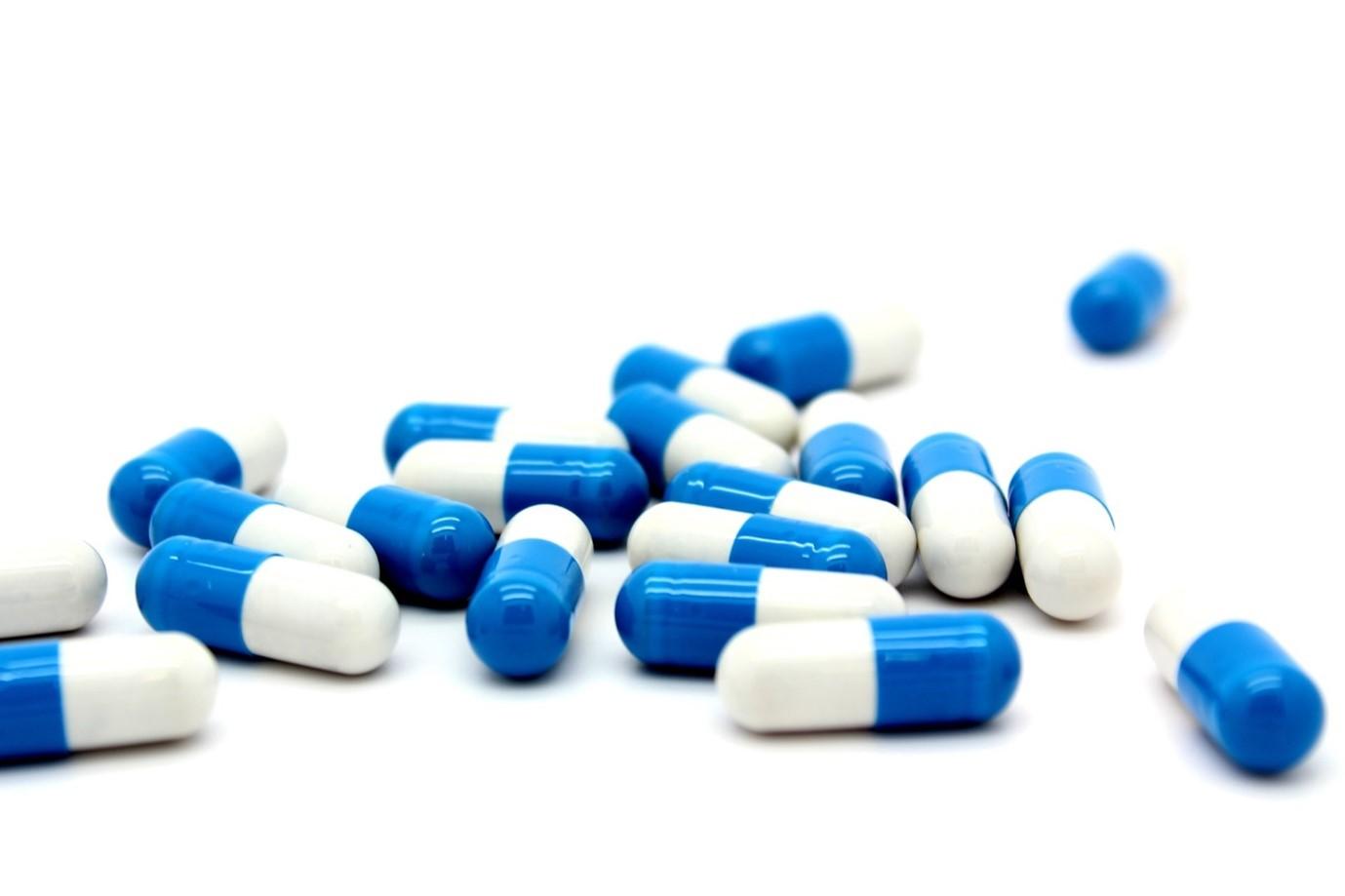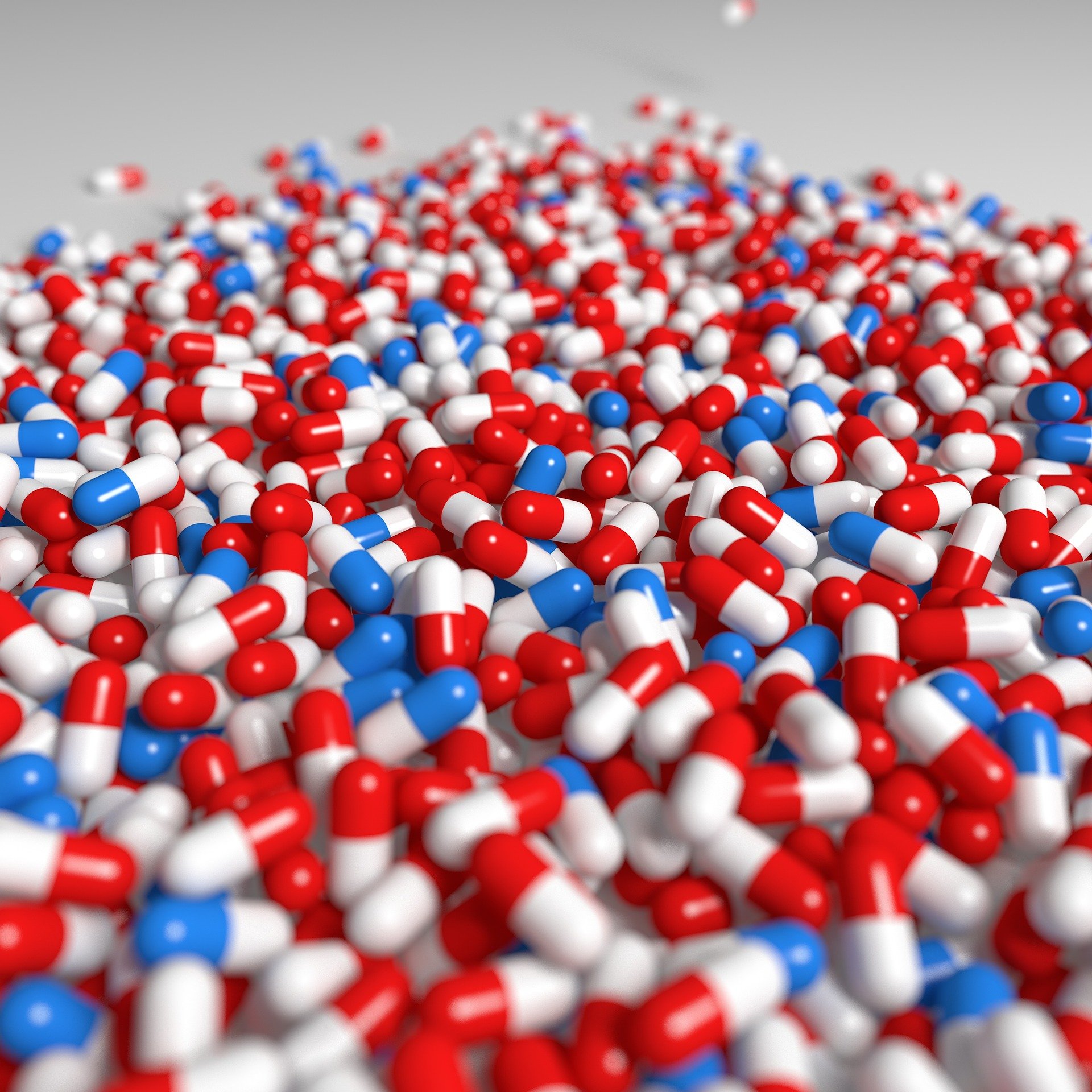How reliable imaging plays an important role in capsule visual inspection
Thousands of different capsules are produced every day, so it is inevitable that some of them will come out defect in shape or size, with a colour deviation, cracks, dents or maybe a missing print. However, a defective capsule in a package can lead to unpleasant consequences. A complaint or even loss of brand are the worst-case scenario for a manufacturer. Reliable detection of defects depends on quality of inspection system, where 3 key aspects have to be considered: optical system, mechanical manipulation and image analysis.

Using different light modes to see various capsule defects
Have you ever tried taking a picture of someone with the sun on the background? The result will be a dark silhouette. This is not the best outcome, if you need well visible face, but could be a great picture if you are looking to hide it. Similarly, in industrial inspection, different light shows different defects. In capsule inspection, backlighting helps to analyze capsule’s shape and size. On the other hand, backlighting alone cannot see every anomaly, like color deviation. Each defect requires a different light mode. In short, diffuse light detects dirt, dots, and colour defects, while 3D surface imaging can spot defects such as dents and cuts on capsules and embossing, engraving or coating defects on pharmaceutical tablets. Working together, the three different light modes can provide a better inspection and end-product quality.
How does mechanical manipulation impact visual inspection?
There are plenty visual inspection technologies with different manipulation. However, to be sure that defects are not overlooked by the system, proper mechanical manipulation is just as important as having different light modes in the optical system. For example, suboptimal capsule movement during image acquisition can make images blurry. Aiming for a machine that has gentle and reliable mechanical manipulation (controlled movement of products) combined with different lighting modes, leads to better defect detection.
Last but not least, image analysis and inspection software need to allow reliable detection of defects on images, simple sensitivity setting for various measurements and quick setting of recipes for new products. Watch the video below to see how Sensum Spine is able to inspect up to 630.000 capsule per hour performing up to 18 images per product .
